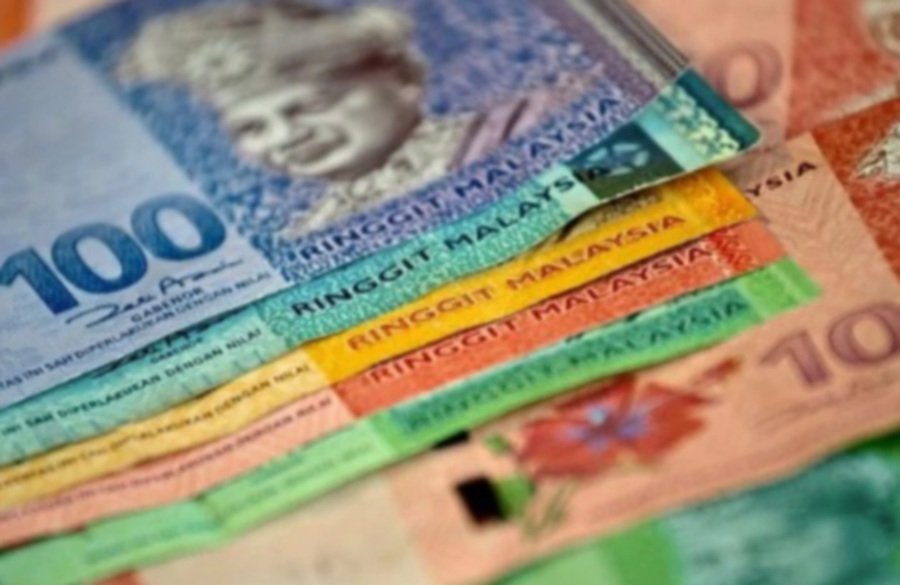
KUALA LUMPUR: Economists believe that the ringgit, already battered by external factors, is continuing its downward slide due to local issues such as the upcoming state elections fuelling excessive political speculation that is dragging down investor sentiment.
The Ringgit weakened to xx to the US dollar yesterday, extending losses seen since Monday.
"Of course, this (currency weakness) is a global phenomenon. But there probably are local factors that are exacerbating the issue and the state elections could be one of those factors, " Malaysian Institute of Economic Research economist Dr Shankaran Nambiar said.
"Although the outcome of the state elections may not significantly change the situation at the federal level, investor sentiments have to be carefully managed," he told the New Straits Times.
Dr Shankaran opined that should investor sentiment be the main reason behind the slide, we can expect to see all instability coming from the political angle settling in August.
He added that it is also roughly the time when there will be more clarity on the narrative coming out of the US – the Fed, more specifically.
"The news coming out of Beijing has not been very good in terms of its impact on Malaysia, which could also be why the ringgit has had to take some battering. It must be emphasised that our fundamentals are strong and we are a well-diversified economy. Additionally, we have adequate reserves, so there is no reason to be worried about the long-term picture," he noted.
Meanwhile, SPI Asset Management managing partner Stephen Innes said another catalyst for the end of Ringgit's decline could be as early as this week with US jobless claims at the top of the radar.
"If these claims continue to trend higher, it will be one of the clearest signs that the US labour market is more convincingly turning a softer corner, and we would likely see ringgit weakness abate," he said.
According to Innes, the two primary issues negatively affecting the ringgit are fading reopening momentum in China and a more hawkish Fed than expected, due to sticky inflation.
He said given the ringgit's tight correlation to China's currency, we could see a prolonged bout of weakness due to weaker Yuan, which is reflective of China's weaker economic outlook.
"That said, it's not all doom and gloom for the ringgit, as foreign exchange traders want to sell the dollar.However, they need to be sure that the Fed will pivot dovish by signalling a rate pause and then a rate cut," he noted. - NST


No comments:
Post a Comment
Note: Only a member of this blog may post a comment.